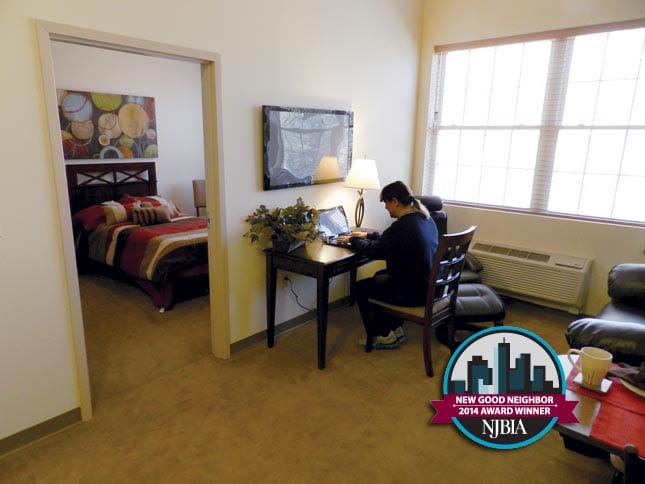
More Inclusive Workplaces Recruiting Autistic Employees
On Mar 8, 2018With autism rates growing nationally, and even more dramatically in New Jersey, where one in 41 children receive an autism diagnosis today, it is no surprise that the jobless rate is higher for young adults that are living on the spectrum. While this statistic underscores a challenge, it also reveals a meaningful opportunity for New Jersey’s employers who seek to create a more inclusive workplace.
Like all young adults, young people on the spectrum want to live independently and work. However, the prospect of a job interview can be challenging for many, especially for those who might engage in repetitive behaviors that can seem unusual to people who have had limited exposure to people with autism. “These idiosyncrasies may preclude an employer from clearly seeing their hidden talents or skills such as an intense focus or the ability to work intently with numbers and patterns and process data, which neurotypical populations may lack,” explained Julie Mower, executive director of The Phoenix Center, a school for students with significant developmental disabilities and those on the autism spectrum ages five through 21 based in Nutley. “These employees also enjoy performing repetitive tasks for extended periods with near perfect accuracy, helping to increase productivity on group projects and initiatives.”
However, with top talent increasingly in demand, companies such as Microsoft, Walgreens, Zinburger, Capital One, and Procter & Gamble, are actively recruiting people with autism, especially in technical jobs. Consider SAP which has a formal program to recruit those with autism spectrum disorder; the Silicon Valley giant already has 130 such employees, as shown recently on CBS News.
At The Phoenix Center, young adults with autism are also meaningfully contributing to workplace; through its Transition and Community-Based Instruction programs, the school facilitates employment opportunities for students with autism, with positive results for employer and student alike. “Our students and graduates are placed in jobs throughout NJ in companies such as Walgreens, Shop Rite, a Kia automotive dealership, and Liberty Science Center, for example, and have shown real aptitude for computer programming, computer design and math problem solving, for example,” Mower said.
How can employers adapt their workplace to meet the needs of employees with autism? Mower says, “It may be as simple as adjusting the lighting to prevent overstimulation or providing frequent breaks from stimuli such as noise, light or movement. Employers should clearly communicate their expectations and provide rules, boundaries and plenty of training. Pairing them with a mentor or “work buddy” can help them with their transition to the workplace. A video for recruiting or training purposes showing these potential employees what the job entails can go a long way toward setting expectations and preparing them for the work ahead.”
“In addition to boosting productivity, employers report that employees with autism contribute to a positive atmosphere in the workplace — adding the magic that can be created with inclusion,” Mower noted. “Cultivating a work environment that embraces tolerance and differences in learning approaches and workstyles, can be a win-win for employers and their employees along the spectrum.”
To access more business news, visit njbmagazine.com
Related Articles:





